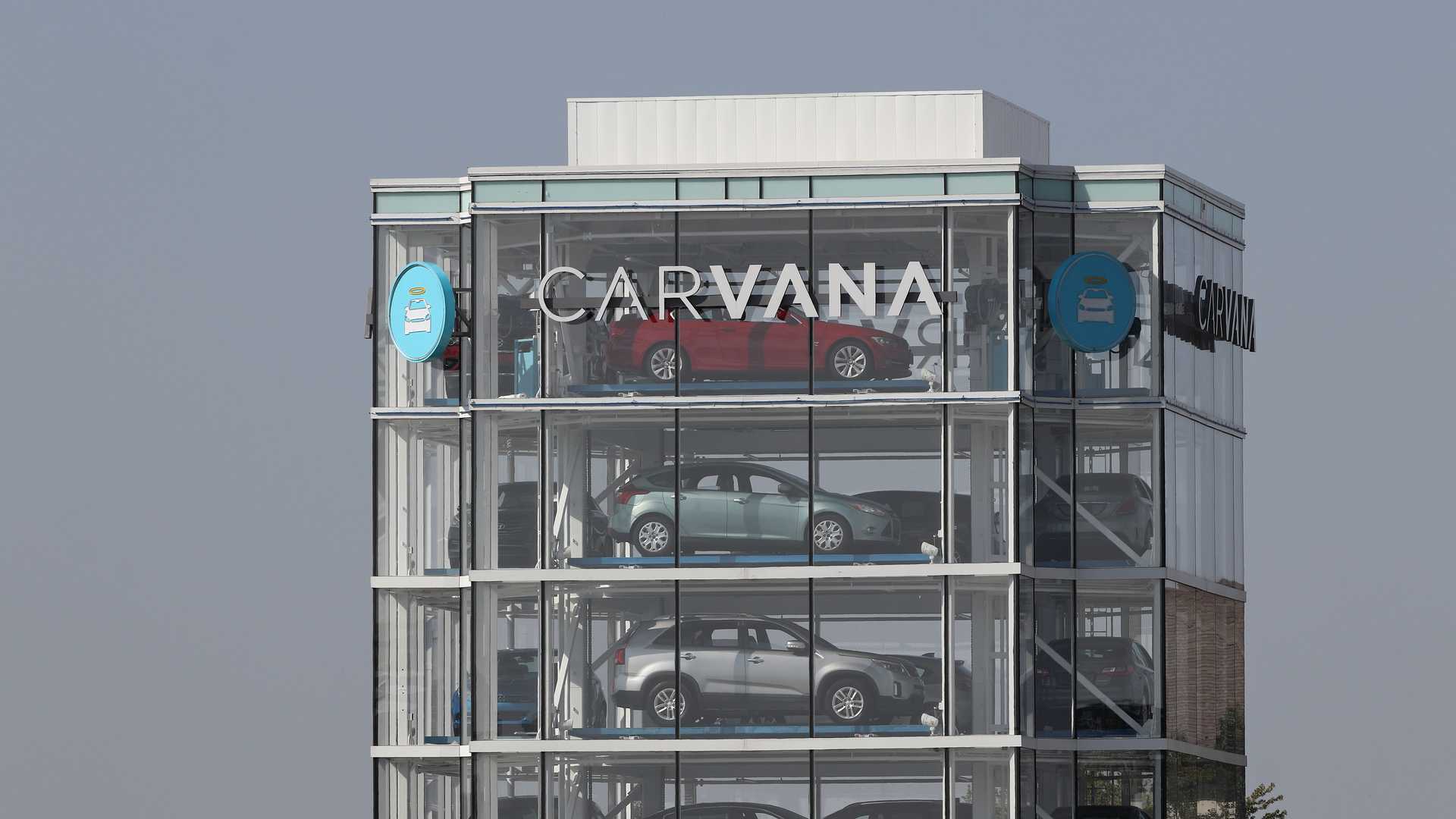
Carvana's stock price nosedived, falling more than 40 percent after news of a creditor deal on Wednesday. First reported by Bloomberg, the agreement includes Carvana's largest creditors, including Pacific Investment Management Company and Apollo Global Management. Combined, these companies hold approximately 70 percent of Carvana's unsecured debt.
These types of agreements are typically used to restructure debt or secure additional financing for cash-strapped companies. Additionally, they help prevent creditor fights amid bankruptcy negotiations, forcing lenders to work together and ensuring a faster, smoother debt resolution.
2022 has proven to be an extremely rough year for Carvana. In addition to seeing its stock price fall more than 97 percent, it's had issues with titling and registration and lost its license to sell cars in Illinois. Those events followed a massive layoff in May when the company eliminated 2,500 jobs.
In a statement to CNBC late Wednesday, Carvana denied its involvement in a cooperative agreement with its creditors and stated it would not address any questions related to actions taken with its bondholders. They also re-emphasized their focus on becoming profitable again and executing the plan outlined in their Q3 Shareholder Letter.
Following news of the potential creditor deal, JPMorgan indicated that while Carvana may have entered into debt restructuring negotiations, the possibility of Chapter 11 bankruptcy seems low at this time. Industry insiders believe the company has enough cash reserves to get through 2023, but a severe recession or additional operating challenges could significantly reduce that timeline.
Trading of Carvana shares briefly halted Wednesday after the stock fell below $5 a share. Once trading resumed, the stock price continued falling, closing at $3.83 per share, down 43 percent from the previous day. Since the beginning of the year, Carvana’s stock has fallen 97 percent after trading as high as $376 per share in August 2021.







